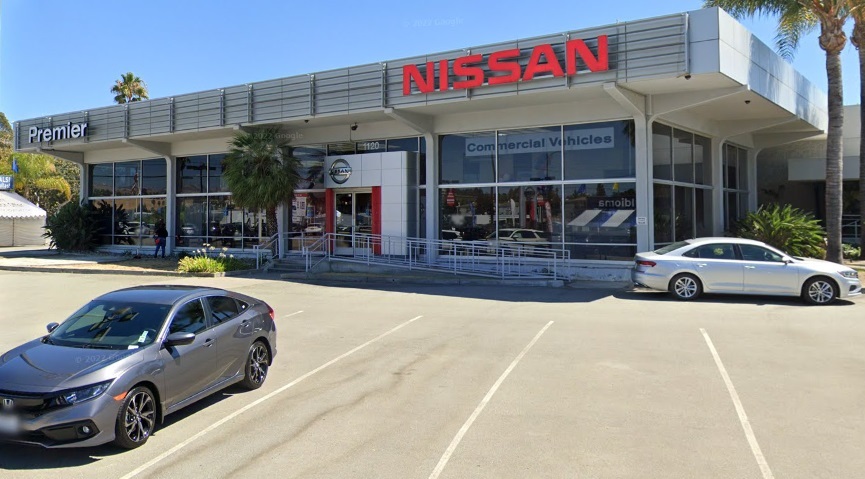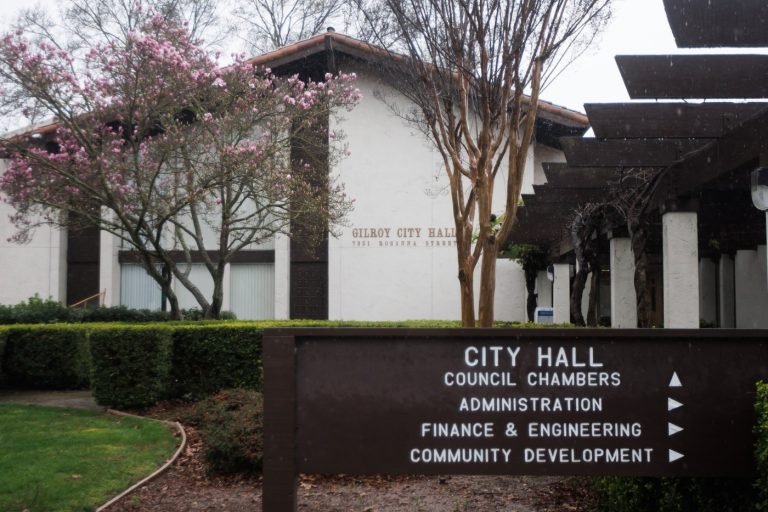Siddharth Philip, Albertina Torsoli and David Welch
(Bloomberg) — Honda Motor Co. and Nissan Motor Co. are exploring a potential merger, according to people familiar with the matter, which would create a singular rival to Toyota Motor Corp. in Japan and better position the combined company to face competitive challenges around the world.
Honda is considering several options including a merger, capital tie-up or the establishment of a holding company, Executive Vice President Shinji Aoyama said on Wednesday, following reports overnight of talks between the carmakers.
The two have been holding preliminary talks about a combination, said the people, who asked not to be identified because discussions are private. One option being considered is the creation of a new holding company under which the combined businesses would operate, one of the people said. The transaction could also be expanded to include Mitsubishi Motors Corp., which already has capital ties with Nissan, the person said.
Discussions are early stage and may not lead to an agreement, the people said.
Nissan shares weren’t trading early Wednesday and were set to rise due to increased buying interest, while Honda’s stock fell as much as 2%.
A deal would effectively consolidate the Japanese auto industry into two main camps: One controlled by Honda, Nissan and Mitsubishi and another consisting of Toyota group companies. It would also provide them with more resources to compete with larger peers globally after downsizing long-held partnerships with other carmakers. Nissan has loosened ties with France’s Renault SA and Honda has backed away from General Motors Co.
The move toward a merger would follow a decision by the two companies earlier this year to work together on electric vehicle batteries and software. At that time, Honda Chief Executive Officer Toshihiro Mibe floated the possibility of a capital tie-up with Nissan.
“If the merger does materialize, it would provide short-term relief for Nissan’s financial struggles,” said Bloomberg Intelligence senior auto analyst Tatsuo Yoshida.
The two Japanese carmakers plan to sign a memorandum of understanding to discuss shared equity stakes in a new holding company, the Nikkei reported earlier in the day. The merger would help the manufacturers compete against rivals in electric vehicles such as Tesla Inc. and Chinese automakers, it said.
American depositary receipts of Honda and Nissan shares climbed on the report. Nissan ADRs rose 12% and Honda’s gained 0.9% in late New York trading.
Taking on Toyota
In some ways, it could be seen as a defensive merger among Japan’s weaker players. Honda, Nissan and Mitsubishi combined sold about 4 million vehicles globally in the first six months of the year, well shy of the 5.2 million that Toyota sold on its own. Combining forces would allow the two companies to fend off Toyota, the world’s largest automaker, at home and abroad. Toyota has taken stakes in Subaru Corp., Suzuki Motor Corp. and Mazda Motor Corp., creating a powerhouse of brands backed by its top-notch credit rating.
“While this would be good news for Nissan due to their weakened state, they would have a lot of overlap and other issues to overcome,” said Julie Boote, a senior analyst at Pelham Smithers Associates. “For the Toyota group though we could see an acceleration there as well as it gathers its flock more tightly under its wing in a show of commitment, with the possibility of raising its stakes in Subaru, Suzuki and Mazda sooner rather than later.”
Honda’s valuation stood at ¥6.8 trillion ($44.4 billion) as of the close of trading in Tokyo on Tuesday, well above Nissan’s ¥1.3 trillion market capitalization. But even their combined value is dwarfed by Toyota’s ¥42.2 trillion.
Honda has long struggled to keep up with bigger capitalized rivals when it comes to investments in new technologies. It recently has shifted gears to boost hybrid gas-electric vehicles even as it spends billions of dollars on all-electric production. At the same time, Honda’s arms-length partnership with GM has been weakened, most recently earlier this month when their self-driving car partnership ended. GM has strengthened its ties with South Korea’s Hyundai Motor Co.
Nissan is in need of a partner to put it back on a stronger financial footing as it steps up restructuring efforts to cope with stalled revenue growth and lower profits. It faces pressure from an activist shareholder and a daunting debt load that has led to speculation in credit markets about its investment grade rating.
The Yokohama-based company has partially unwound its complex 25-year strategic partnership with Renault, a fixation of former Chairman Carlos Ghosn. Rivalries and mutual suspicion mounted over the years and came to a head when Ghosn openly contemplated a merger, contributing to his downfall.
The former chairman and CEO, who has filed a suit against his former company for ousting him in 2018, warned of a “disguised takeover” of Nissan by Honda in an August interview with Automotive News.
What’s Wrong With Nissan and How Bad Are Its Problems: QuickTake
The merger talks come after the Financial Times said last month that Nissan was looking for an anchor investor to replace part of Renault’s equity holding and that it hadn’t ruled out having Honda buy some of its shares.
–With assistance from Tsuyoshi Inajima, Chester Dawson and Nicholas Takahashi.
(Updates with comment from Honda executive and analyst, share activity.)
More stories like this are available on bloomberg.com
©2024 Bloomberg L.P.












